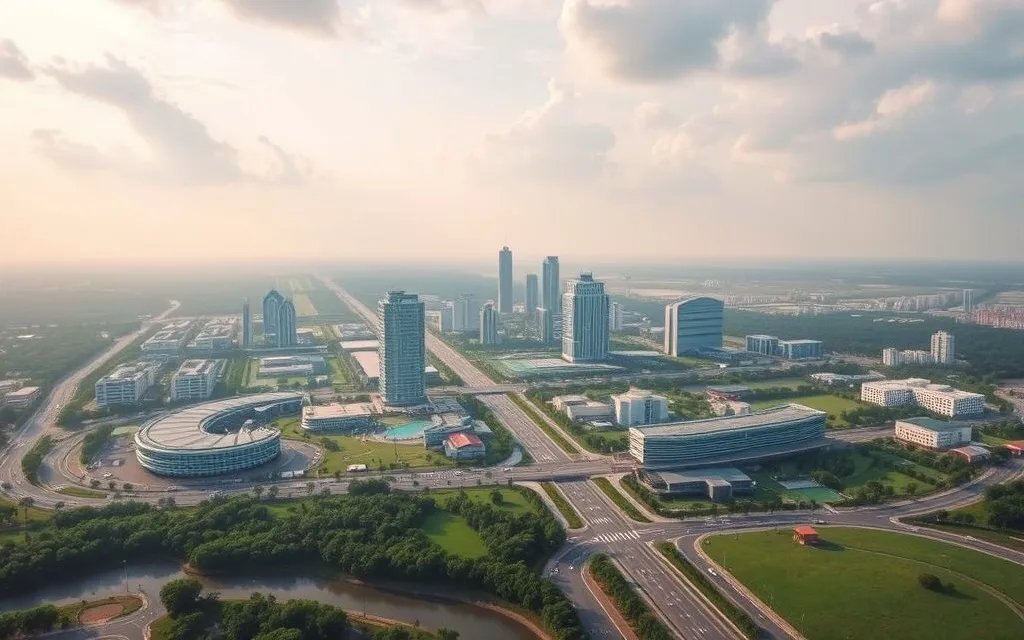The Philippines is breaking new ground in the global technology arena, driven by the undeniable rise of Filipino software engineers. As industries seek innovators, Filipino tech talent is stepping up, empowered by educational excellence, strategic investments, and collaborative efforts that prime them for international success.
A New Tech Frontier: Global Investments in the Philippines
Notably, Dyson's decision to establish a cutting-edge software laboratory in Alabang, Muntinlupa City, underscores a growing trust in Filipino innovation. Recruiting 400 top-tier software engineers, the lab aims to lead in areas like robotics, artificial intelligence, and machine learning—all part of Dyson's massive £2.75 billion investment into future tech. These initiatives do more than embellish resumes; they elevate the nation's reputation as a technology incubator.
Further amplifying the Philippines’ tech prospects is the entry of international companies setting up operations within the country. For instance, the Japanese company Sansan recently initiated a development center in Cebu, highlighting the allure of Filipino tech brilliance. This global interest is vital in creating a fertile, dynamic ecosystem ripe with innovation.
Pioneering Visions: From Local Ambitions to Global Reality
Trailblazers like Dennis Anthony Uy are propelling the Philippines towards the forefront of technological excellence. His 'Tech City' project in Pampanga—a 117-hectare hub—seeks to incubate future tech giants akin to Amazon or Google. Through this project, a symbiotic relationship between academia and industry aims to solidify Filipinos as certified IT experts, courtesy of dedicated training institutes.
Bridging Gaps: Overcoming Challenges
However, despite these strides, challenges persist. The demand for STEM professionals remains sky-high, with a discernible gap in the availability of researchers, cybersecurity experts, and skilled software engineers. To tackle these issues, initiatives like the Department of Information and Communications Technology’s (DICT) short-course training programs for software and cybersecurity are pivotal.
Governmental programs like the 'Science for Change' bill and the 'Balik Scientist' initiative further aim to boost research and development, fortifying the educational and infrastructural landscape. Notably, forming strategic alliances with leading tech firms and simplifying talent mobility through efficient immigration processes are essential for ensuring Filipino tech talent thrives globally.
Charting the Future: Filipino Engineers as Global Innovators
Filipino software engineers are not just participating in today's tech scene—they are shaping its future and redefining the Philippines' role on the global stage. Their contributions signal a nation not only ready to meet current demands but also to lead innovations that shape tomorrow. Their journey invites contemplation—how might you engage more deeply with this technological transformation? Share these stories, encourage dialogue, and explore how this burgeoning trend might inspire the global tech ecosystem to even greater heights.

